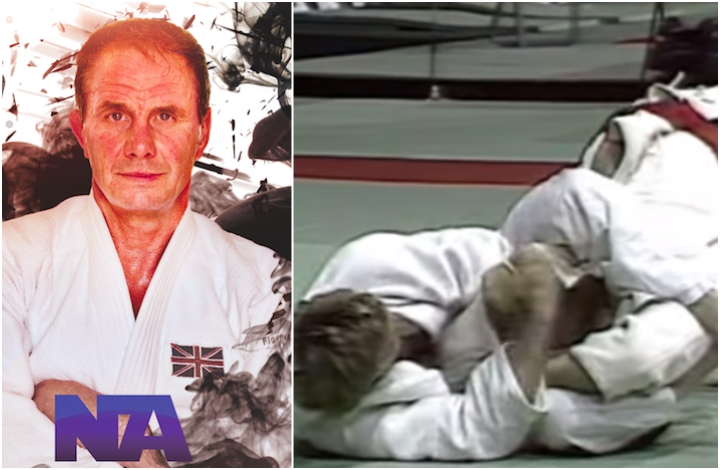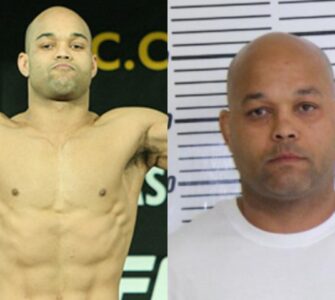In a recent episode of the Lex Fridman Podcast, Neil Adams, a judo world champion and revered figure in the martial arts community, delves into the nuanced differences between judo and Brazilian Jiu-Jitsu and explores the exceptional skills of BJJ legend Roger Gracie. Adams, with his extensive background in judo, offers a unique perspective on grappling sports and the factors that distinguish these two closely related disciplines.
Judo vs. Brazilian Jiu-Jitsu: Tactical and Philosophical Differences
Adams points out that the main difference between judo and BJJ lies in their approach to groundwork and the pace at which techniques are executed. Judo is characterized by a sense of urgency, where quick transitions to the ground must be made to score or gain an advantage before being potentially reset by the referee.
“In Judo, you’ve got to show progression,” Adams explains, highlighting the sport’s demand for rapid, effective action.
In contrast, BJJ allows for a more patient strategy, with practitioners often having more time to develop their moves on the ground. This difference in tempo fosters a distinct culture within each sport: judo being more aggressive and dynamic, and BJJ being more methodical and exploratory.
Roger Gracie: A Paragon of BJJ Excellence
Roger Gracie, a formidable figure in BJJ, is renowned for his mastery of fundamental techniques that are often learned at the beginning of BJJ training. Adams admires Gracie’s ability to apply these basic techniques against the highest level of competition, achieving remarkable success.
“He does the most basic stuff, but he does it at another level of well,” Adams observes, underscoring Gracie’s skill in elevating simple moves to an art form.
Adams discusses how Gracie’s approach is a testament to the power of mastering the fundamentals, a principle that is often overlooked in favor of more complex techniques. Gracie’s success demonstrates that depth of knowledge in a few key techniques can be more effective than a superficial grasp of many.
Physical and Psychological Aspects
The conversation also touches on the physical and mental demands of each sport. Judo’s intense, explosive nature requires a specific type of conditioning and mental preparation to handle the fast-paced and often brutal encounters on the mat. BJJ’s slower pace allows for a different kind of physical endurance and mental calculation, as practitioners can take time to think through positions and strategies.
Neil Adams’ discussion with Lex Fridman offers a deep dive into the elements that define judo and BJJ, providing clarity on what makes each sport unique and challenging. Additionally, his analysis of Roger Gracie’s prowess in BJJ not only highlights the effectiveness of mastering fundamental techniques but also celebrates Gracie’s impact on the sport. Adams’ insights enrich the understanding of these combat sports, illustrating the depth and complexity of grappling arts and the exceptional athletes who practice them.


















